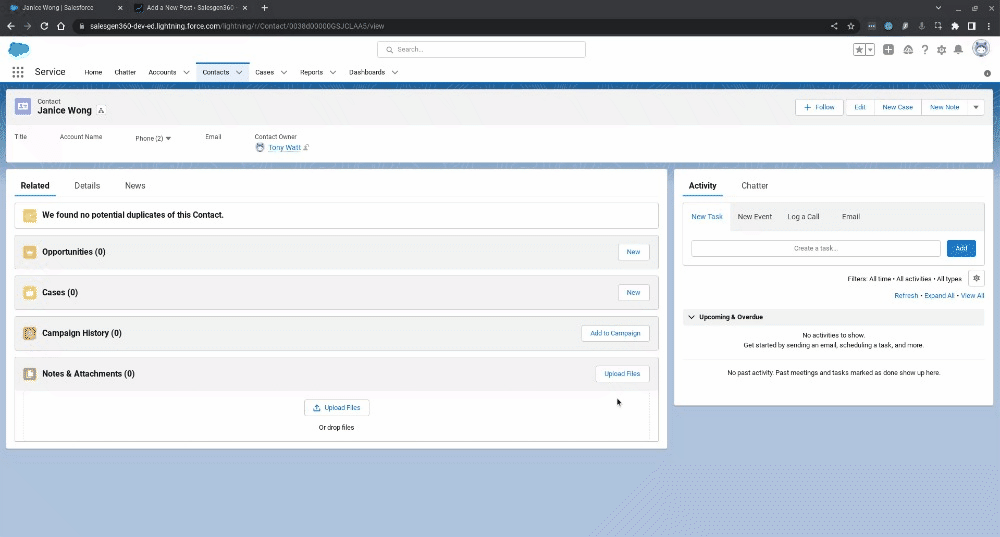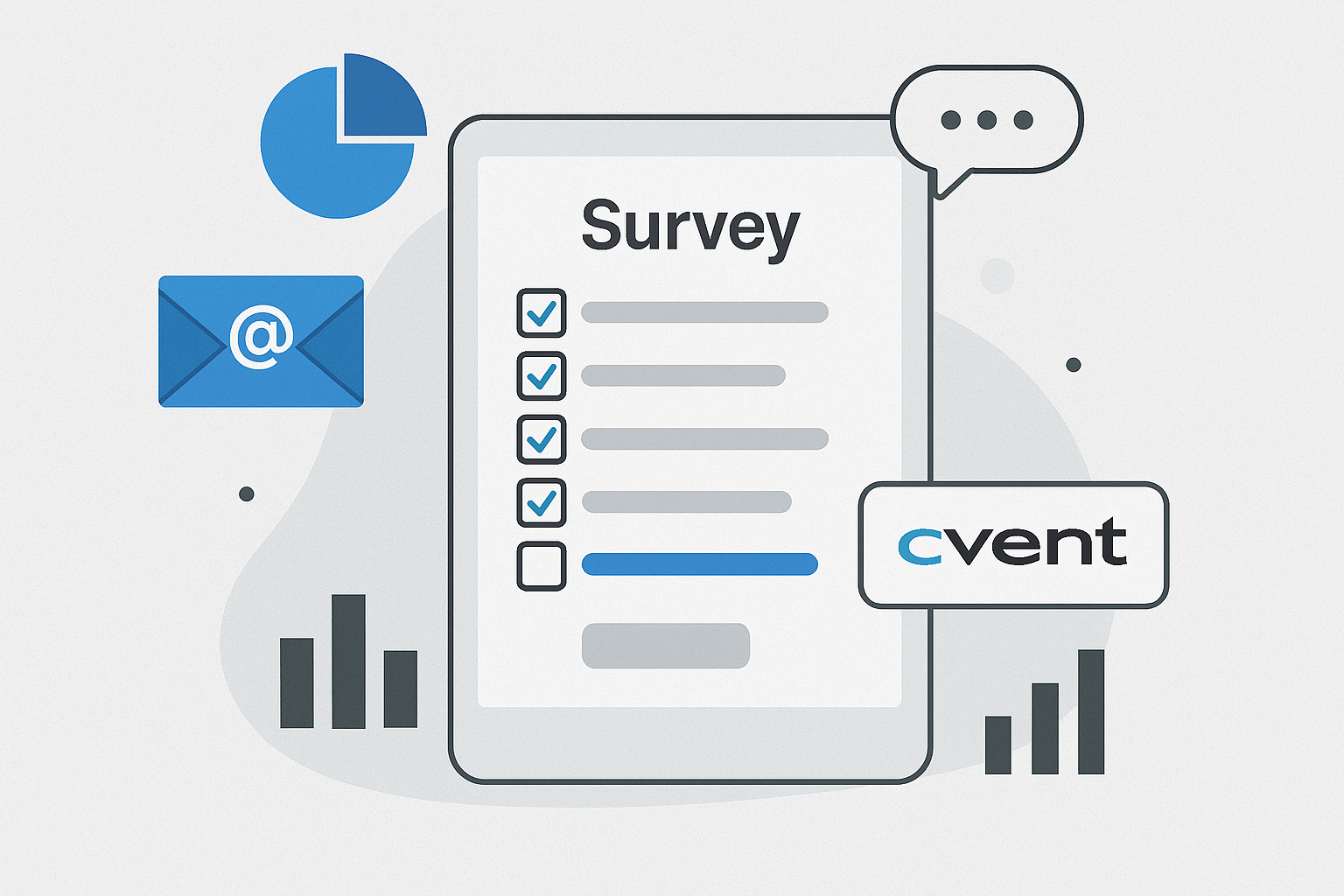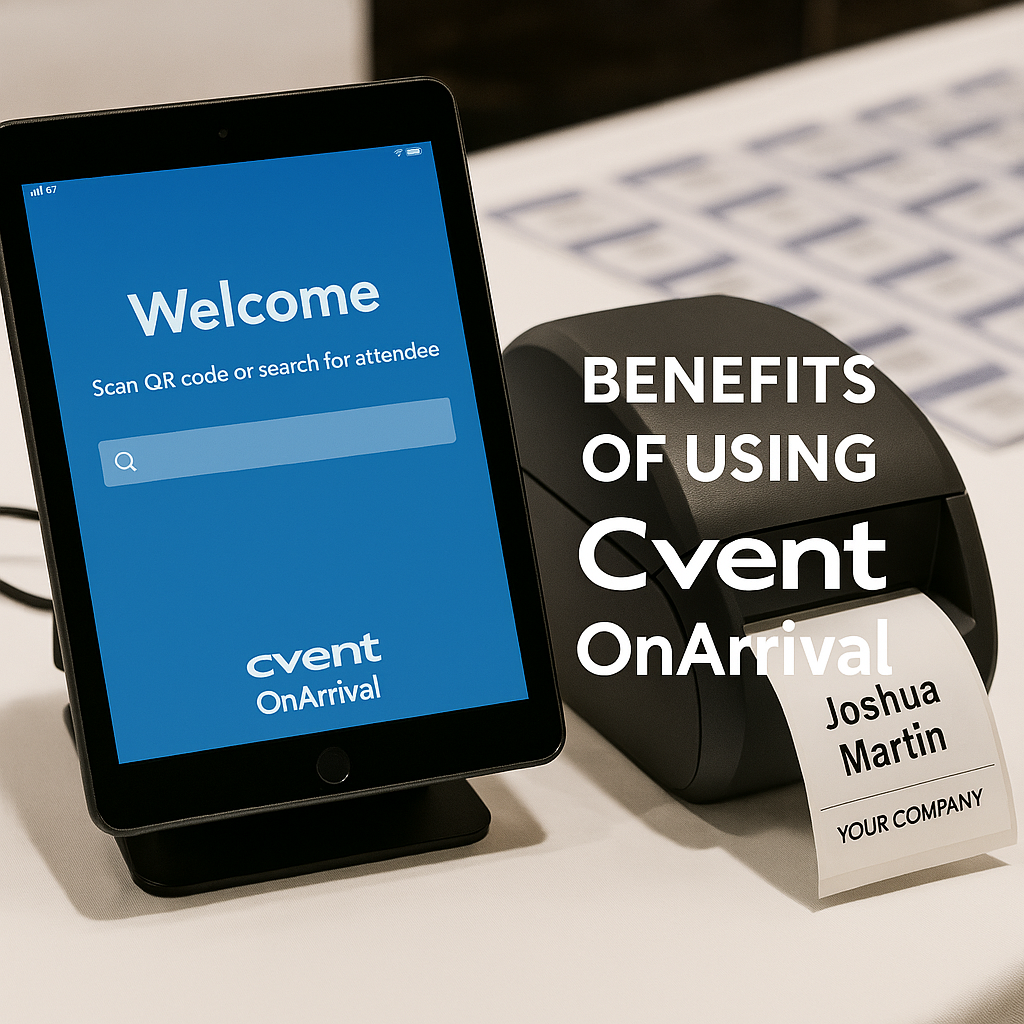You may hear Salesforce users and Admin refer to SF18IDs. But what are they and what do they mean?
- SF = Salesforce, as I’m sure you can guess.
- But why 18?
- ID = identification, as I’m sure you can guess.
Each record on Salesforce has a unique identifier (ID). And this identifier is 18 characters long, hence the 18 in SF18ID.
Let’s take a look at an example below. Here we have a Contact on Salesforce. If we take a look at the browser’s URL you will see an 18-character ID towards the end of the URL – this is the SF18ID for this record/page. Each Salesforce record has this unique ID in the URL.

The beauty of SF18IDs is multifold.
- We can share IDs between users and admins and we know exactly which record on Salesforce we are referring to, rather than using Contact/Account names which can have duplicates.
- We can display the SF18ID on a page so that users and admins can see which record ID we are referring to in user queries.
- SF18IDs are the unique identifier for when making bulk uploads using Data Loader or dataloader.io
- If we copy an SF18ID and add it to the end of our Salesforce domain, then Salesforce will take us directly to the record – see below, add 0038d00000GSJCLAA5 to the end of https://salesgen360-dev-ed.lightning.force.com/ and it takes us straight to the Contact’s page on Salesforce

Note: You will also see Salesforce 15-character IDs displayed in reports and downloads. But these 15-character IDs can’t be used for bulk uploads. Nonetheless. these 15-character IDs can easily be converted into SF18IDs by using the handy website below, which allows you to make these conversions in bulk:
For example, a 15-character ID such as 0038d00000GSJCL is converted into 0038d00000GSJCLAA5
The 15 characters are retained and 3 characters are added to the end.
So what’s the difference between a 15-character ID and an 18-character ID?
A 15-character ID is case-sensitive. An SF18ID is not case-sensitive. This is why 18-character IDs are used for data uploads and for APIs – there is a far less chance of confusion with 18-character IDs. In addition, Excel VLOOKUPs aren’t case-sensitive, so it’s always best to use SF18IDs when running analysis in Excel.
We always advise clients to present the SF18ID on a record page, usually in the details section at the bottom. It will make dealing with queries and issues a lot easier.
I hope the above makes sense. You’ll soon get to understand SF18IDs and how useful they are for admins.





Leave a Reply